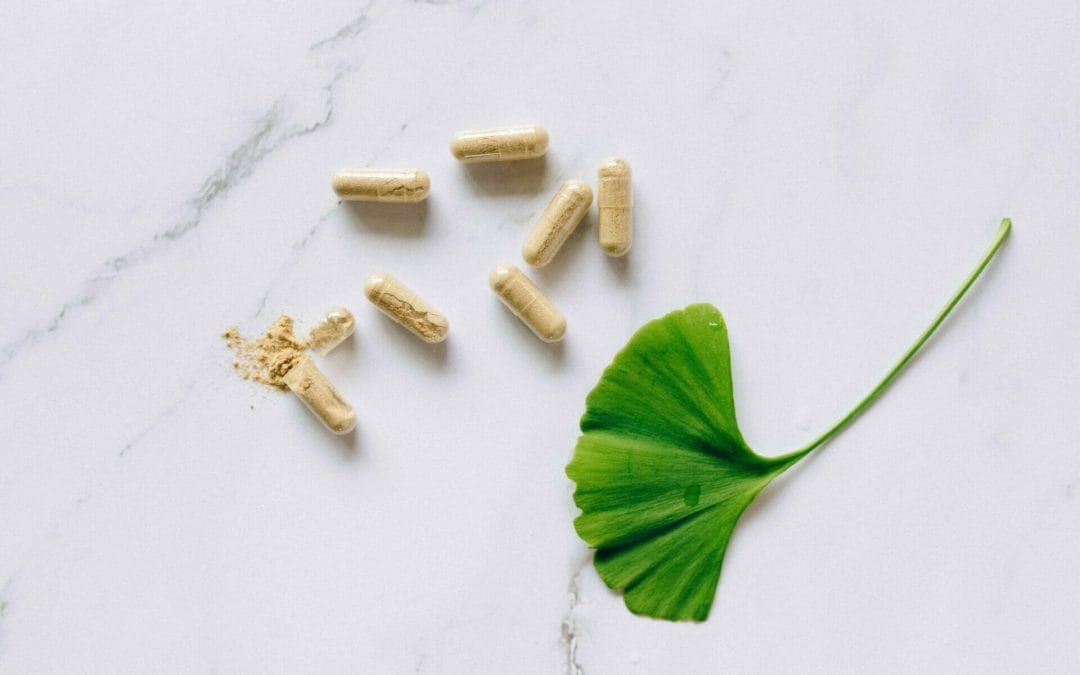When a woman becomes pregnant, her body’s first priority is for the developing baby in the womb. In fact, the baby will receive nutrition even if it comes at the expense of the mother’s body; it’s just the way Mother Nature works. Furthermore, child birth can have many facets that can add to the underlying causes of depression: hormonal imbalance, stress, pain and just a plain old general uncertainty about things. Studies show that coming down with depression is five to six times more likely six months after a traumatizing event such as the loss of a parent, job or a divorce. Now, despite the intimate preciousness involved in having a baby, there are parts of it that could certainly fall within the definition of a “traumatizing event”.
To neglect the natural causes of depression that might be experienced in a woman after going through pregnancy and then childbirth, especially if she has not had proper care during this time, is a gross oversight on the part of health practitioners. That’s why, and thanks to those diligent practitioners who have not succumbed to this “easy way out”, there are many natural alternatives being used nowadays as an alternative to treating depression with antidepressants or other psycho pharmaceutical drugs.
Amino Acid Supplements
Treating depression as a nutritional deficiency includes dietary changes, vitamins and mineral supplements and specific amino acids which are precursors to neurotransmitters. While the dietary changes and supplements are effective only at relieving some of the symptoms of depression, the amino acid treatments can actually be considered an alternative to antidepressants. The types of amino acids prescribed vary, although studies have shown that the effectiveness of D,L-phenylalanine is close to that of current antidepressants on the market.
Vitamins And Minerals
Studies have shown that various vitamin and mineral deficiencies can be a cause of depression, and correcting these deficiencies often will relieve symptoms. In fact, in cases where no deficiency is present, nutritional supplements can still help alleviate symptoms in select groups of patients suffering from depression.
Vitamin B6
Vitamin B6 is a major factor in converting amino acids into serotonin and norepinephrine. Low levels of B6 in the body have resulted in depressive symptoms, and these symptoms were relieved as soon as supplementation was begun. Although it is rare for a person to have a B6 deficiency, many people with depression show lower levels of B6 than normal.
Another, slightly different form of depression has been linked to oral contraceptive usage and includes symptoms of pessimism, dissatisfaction, crying and tension, without the usual sleep problems and appetite disorder. In studies 50% of women with depression associated with oral contraceptive use showed a deficiency of vitamin B6, and they improved after treatment, while those without the B6 deficiency did not show improvement. The bottom-line is ensuring a vitamin B6 dose of around 50mg/day can be helpful in treating the symptoms of depression.
Folic Acid
A deficiency of folic acid in the body can occur due to a dietary deficiency, stress, excessive alcohol usage, chronic diarreha or malabsorption of nutrients. Folic acid deficiency can also occur during pregnancy, with usage of oral contraceptives of anticonvulsants. The symptoms of folic acid deficiency are quite similar to those of depression: insomnia, forgetfulness, anorexia, apathy, anxiety, fatigue, and hyperirritability.
Low folate levels have shown in some studies to be linked to a higher level of depression than those who show symptoms of depression without low folate. Studies suggest that a deficiency of folic acid may contribute to some cases of depression. A normal dose of folic acid is 0.4 to 1mg/day. However, it should be mentioned that supplements of folic acid can prevent the diagnosis of a B12 deficiency, so those who take folic acid that suspect a B12 deficiency will need to have their serum vitamin B12 levels measured to be sure.
Vitamin B12
Patients diagnosed with depression that have a measurable B12 deficiency show dramatic improvement of symptoms with a high dose intravenous application of B12 vitamin, while patients given 1mg/day for two days also showed a rapid improvement of postpartum depression.
Vitamin C
Vitamin C is vital for the conversion of tryptophan into serotonin. Those who appear to have low levels of serotonin and are likewise diagnosed with depression can benefit from Vitamin C supplements. Studies have indicated that significant improvements can occur over a three week period in persons who take 1gm/day of ascorbic acid.
Magnesium
A deficiency of magnesium in the blood can result in varied psychological issues, one of which is depression. Symptoms of a deficiency can include poor attention span, restlessness, insomnia, cramps, memory loss and dizziness. Generally it has been found that magnesium levels are lower in patients diagnosed with depression. A study of over 200 depressed patients and those with chronic pain showed that 75 percent had below normal magnesium levels. By treating the deficiency many of the patients showed a resolution of symptoms.
Treatment with magnesium has also been shows to relieve mood disorders associate with premenstrual syndrome, when taken from day 15 of a woman’s cycle until menstruation begins.
Many Americans show a lack of appropriate levels of magnesium in their bodies, which can result in a myriad of conditions. Taking a supplement of 200-400 mg/day of magnesium may help to improve mood when taken by patients with depression.
Other Natural Supplements
St. John’s Wart extract is licensed in Germany and other countries to treat mild to moderate depression as well as anxiety and sleep disorders. While the exact effect of the herbal extract is unknown, several studies have shown that St. John’s Wart works better in trials than a placebo, and often gives results that are on par with standard prescription antidepressants. A minimum daily hypericin dosage of 1mg is recommended. It should be noted that while there is nothing to show that St. John’s Wart isn’t safe to take during pregnancy, not much study has been completed in this area.
Ginkgo, or Ginkgo Biloba extract is not recommended as a primary treatment for those suffering from major depression, however it is a good alternative for those who may be afflicted with depression that is resistant to the usual antidepressant medication, especially in elderly patients.
Diet
Health practitioners around the world are focusing on one’s diet as a source for depression. Diets which are low in sugar and refined carbohydrates, which involve small, frequent meals have often resulted in an improvement of symptoms. These diets work best for those who find that their symptoms are elevated after they miss a meal, causing them to reach for a temporary relief with sugary food or drink.
Our Conclusion
Diet and nutrition play a very important part in the causes of depression. It is not “bunk” and there’s nothing “fuzzy” about making such a statement. So rather than taking the simple solution of antidepressants, which have serious side effects and can become habit forming, new mothers should take an active interest in their well-being and explore all available treatment options. Plus, your baby well being is at stake.

